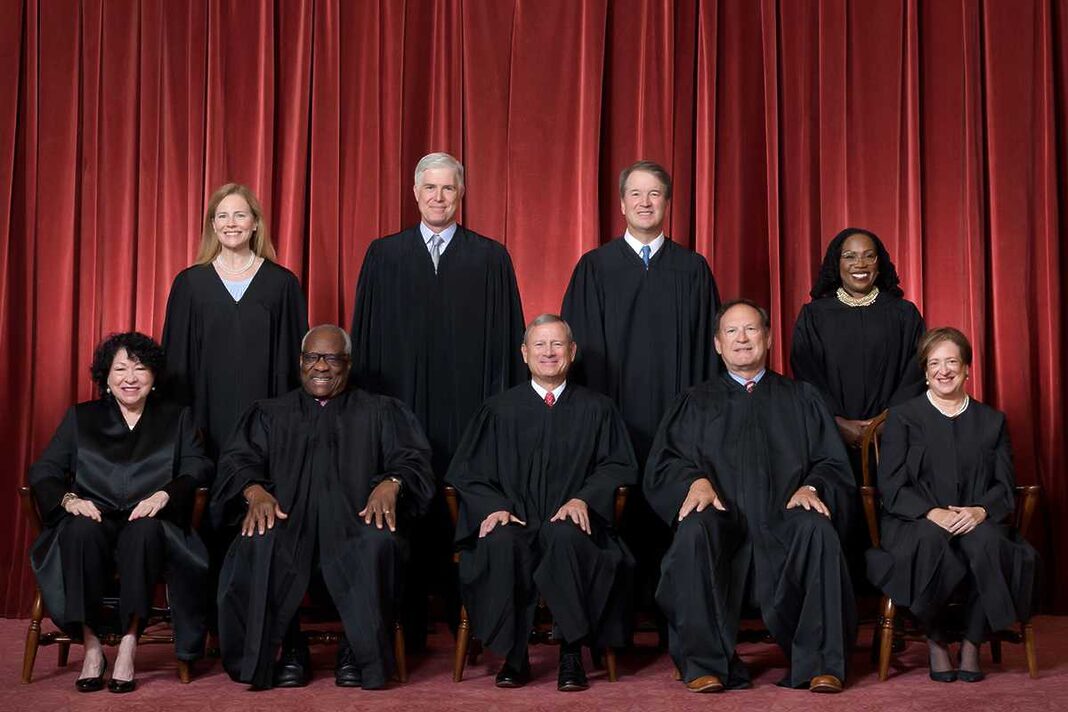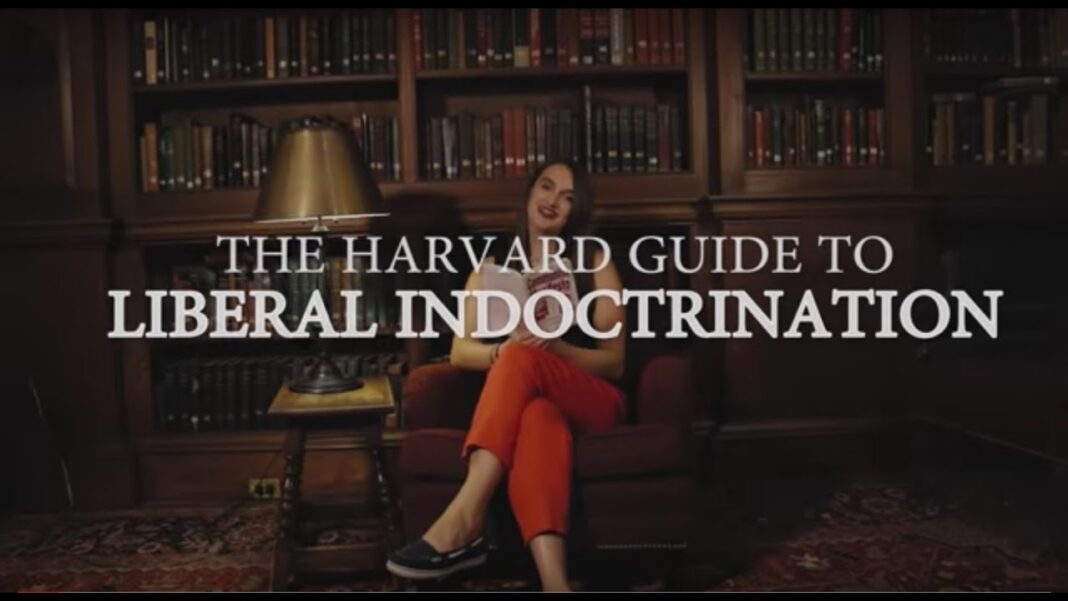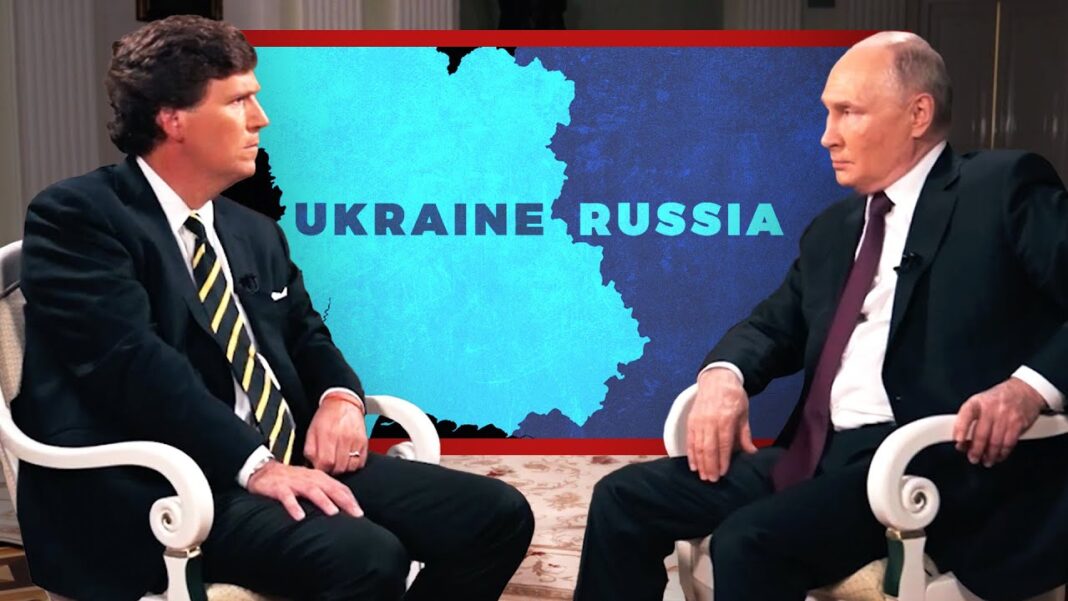‘Why should a single state get to decide who gets to be the President of the United States?’ Justice Elena Kagan asks.
WASHINGTON—The Supreme Court on Feb. 8 heard oral arguments in the high-profile case involving former President Donald Trump’s bid to remain on the Colorado primary ballot, expressing skepticism of the arguments in favor of removing him.
Lawyer Jason Clifford Murray, who argued for the six Colorado voters who petitioned to remove President Trump from the ballot, at times frustrated judges by sidestepping questions about the consequences of a ruling in his favor.
Article 2 gives states broad powers to run elections, Mr. Murray argued, and those powers involve removing ineligible candidates from the ballot—even in a national election—through the process of their choosing.
The justices expressed skepticism that a ruling affirming the Colorado decision would settle the matter.
State Authority Limits
“Why should a single state get to decide who gets to be the president of the United States?” Justice Elena Kagan asked. “That means is quite extraordinary.”
Mr. Murray said that wasn’t the case because the Supreme Court would ultimately make a decision that could inform all other states to take Colorado’s record of fact—largely based on the Jan. 6 Select Committee report—as settled.
This answer drew several more hypothetical situations of chaos from the justices, who pointed out that states have different processes for adjudicating ballot issues, meaning that several different records of fact and decisions could come before the Supreme Court.
In that case, why should they accept one over another? “Would we have to determine appropriate rule of evidence … standard of proof?” Justice Samuel Alito asked. “Would we give any deference to these state court judges, some of whom are elected. … Would we have to have our own trial?”
Mr. Murray answered no, but that the court could do an independent review of Colorado’s record. Justice Alito asked what would happen if two sets of decisions and records were presented before the court, and Mr. Murray couldn’t answer.
By Catherine Yang and Sam Dorman







